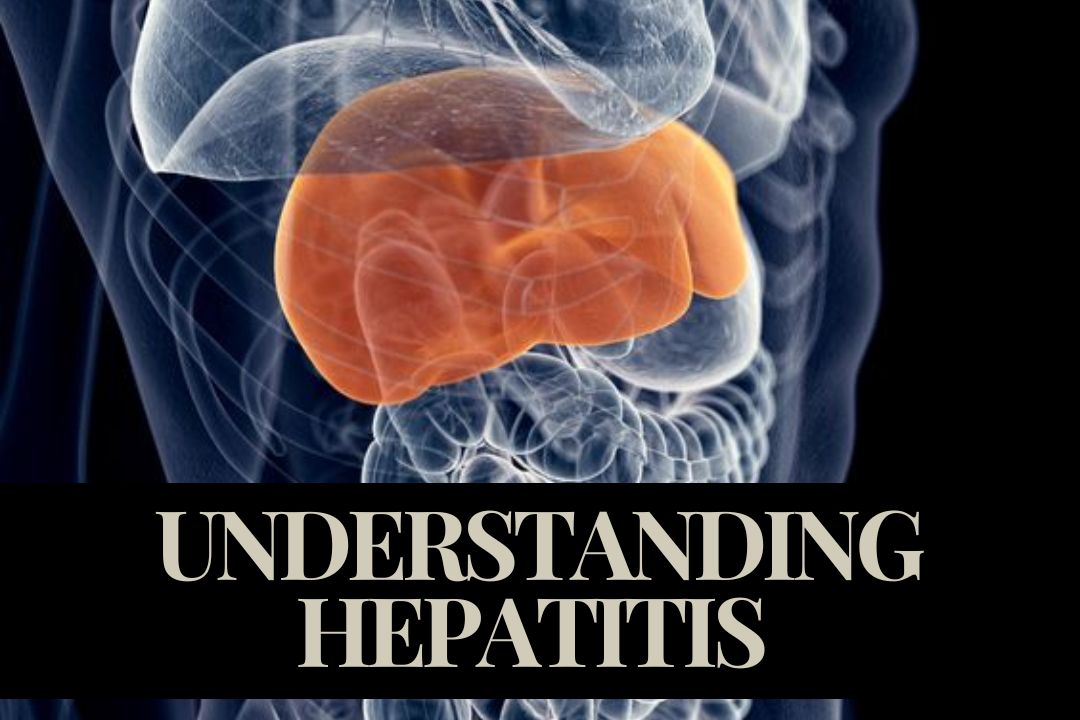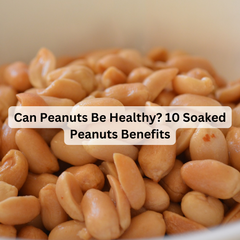Hepatitis is an inflammation of the liver. This condition is caused by different types of viral infections and can lead to many serious health issues if not managed in the right way. There are different types of hepatitis viruses, classified as A, B, C, D and E, each with its mode of impact and transmission on the liver. Therefore, it is important to understand how to prevent, treat as well as manage this condition to maintain ideal liver health. This content will provide comprehensive information on this condition, some basic prevention strategies, treatment options and food habits to follow.
Understanding the Types of Hepatitis
Hepatitis A (HAV)
This type of virus usually spreads through the consumption of contaminated food or water. Most times, it results in acute, short term illness but doesn't typically lead to chronic liver problems. You can easily treat it with a vaccine.
Hepatitis B (HBV)
This type is most commonly transmitted through contact with the body fluids of an infected person. Blood, semen or vaginal fluids can cause this issue. On the other hand, if not treated on time, it can become a serious liver issue like cirrhosis or liver cancer. There are some vaccines available these days which are highly effective in preventing this issue.
Hepatitis C (HCV)
This type is mainly spread through blood to blood contact. Some instances can be sharing of the needles or blood transfusion. Hepatitis C can lead to chronic liver diseases. It is also one of the leading causes of liver transplantation. Although there is no vaccine available for this type, there are some antiviral medications that you can choose.
Hepatitis D (HDV)
Hepatitis D is mainly noticed in people infected with hepatitis B. This usually happens when the hepatitis B virus replicates. Proper treatment and vaccines against hepatitis B can prevent this problem.
Hepatitis E (HEV)
Similar to hepatitis A, this type is also spread through contaminated water. In most cases, it causes an acute illness in the infected person. It is rarely chronic. Good hygiene and sanitation are the key to prevention.
Different Factors to Consider for Hepatitis Prevention
Vaccination

There are different types of vaccines available for type A and B and are highly effective in preventing these infections. The hepatitis B vaccine is particularly important for those at higher risk, such as healthcare workers, individuals with multiple sexual partners, or those who inject drugs.
Safe Practices
For type B and C, avoiding sharing needles or other drug paraphernalia, and ensuring blood products are screened can prevent transmission. Using barrier protection during sexual activity can reduce the risk of hepatitis B.
Hygiene and Sanitation
For type A and E, practicing good hygiene like washing hands thoroughly before eating and after using the restroom, and consuming clean, safe water can prevent infection. It is also very imperative to avoid raw or under cooked shellfish in areas where E is common and is also advisable.
Regular Screening
If you are at risk for type B or C, regular screenings can help detect infection in early stages, even if there are no symptoms. Early detection can lead to better management and treatment outcomes.
Treatment Options
Acute Hepatitis
When it comes to acute hepatitis, whether viral or due to other causes, it often resolves on its own with supportive care. Proper rest, adequate hydration, as well as avoiding alcohol are some important steps to follow. Monitoring liver function as well as following proper medical advice are key to recovery.
Chronic Hepatitis
Treatment for chronic hepatitis B may include antiviral medications to reduce the viral load and prevent liver damage. Regular monitoring for liver function and cancer is essential. It is also very important to maintain a clean and hygienic environment.
Below Mentioned Some Basic Food Habits to Follow During Hepatitis
Balanced Diet
When you are suffering from hepatitis, it is very important to follow a balanced diet. A diet rich in fruits, vegetables, whole grains as well as lean proteins support overall liver health. On the other hand, foods that are rich in antioxidants like berries and green leafy vegetables can help you to protect the liver from oxidative stress.
Limit Alcohol

For people who consume alcohol on a regular basis, it is very important to limit the alcohol intake in case of hepatitis. Alcohol exacerbates liver damage, particularly in individuals with hepatitis. Therefore, limiting or avoiding alcohol is very important to prevent further liver harm and aid in the effectiveness of treatments.
Healthy Fats
Including healthy fats, like those from avocados, nuts, and olive oil, while avoiding trans fats and excessive saturated fats is also very important when you are treating hepatitis. Healthy fats can help you to reduce inflammation and support liver function.
Hydration
Another important factor you should consider when you are treating hepatitis is to stay hydrated. Proper hydration helps the liver to function efficiently as well as helps in the detoxification princess. Drinking plenty of water throughout the day is vital.
Conclusion
By understanding hepatitis, its prevention, as well as its treatment options, you will be able to manage this potentially serious condition. With vaccines available for hepatitis A and B, and effective antiviral treatments for hepatitis C, there are strong tools to combat and manage hepatitis. Coupled with proper food habits as well as lifestyle choices, individuals can support their liver health and reduce the risk of complications.
Regular medical check-ups, maintaining a healthy lifestyle, and following preventive measures are key to managing this condition and promoting long-term liver health.
This content provided by Healthy Master is general information obtained through various sources and does not contain confirmed medical information. Therefore, if you have any concerns or symptoms related to hepatitis, consult with a healthcare provider to get personalized advice and treatment options.
 Deal of the week : Trial Snack Box - 18 Wholesome Delights Just at ₹ 899.00
Deal of the week : Trial Snack Box - 18 Wholesome Delights Just at ₹ 899.00






















